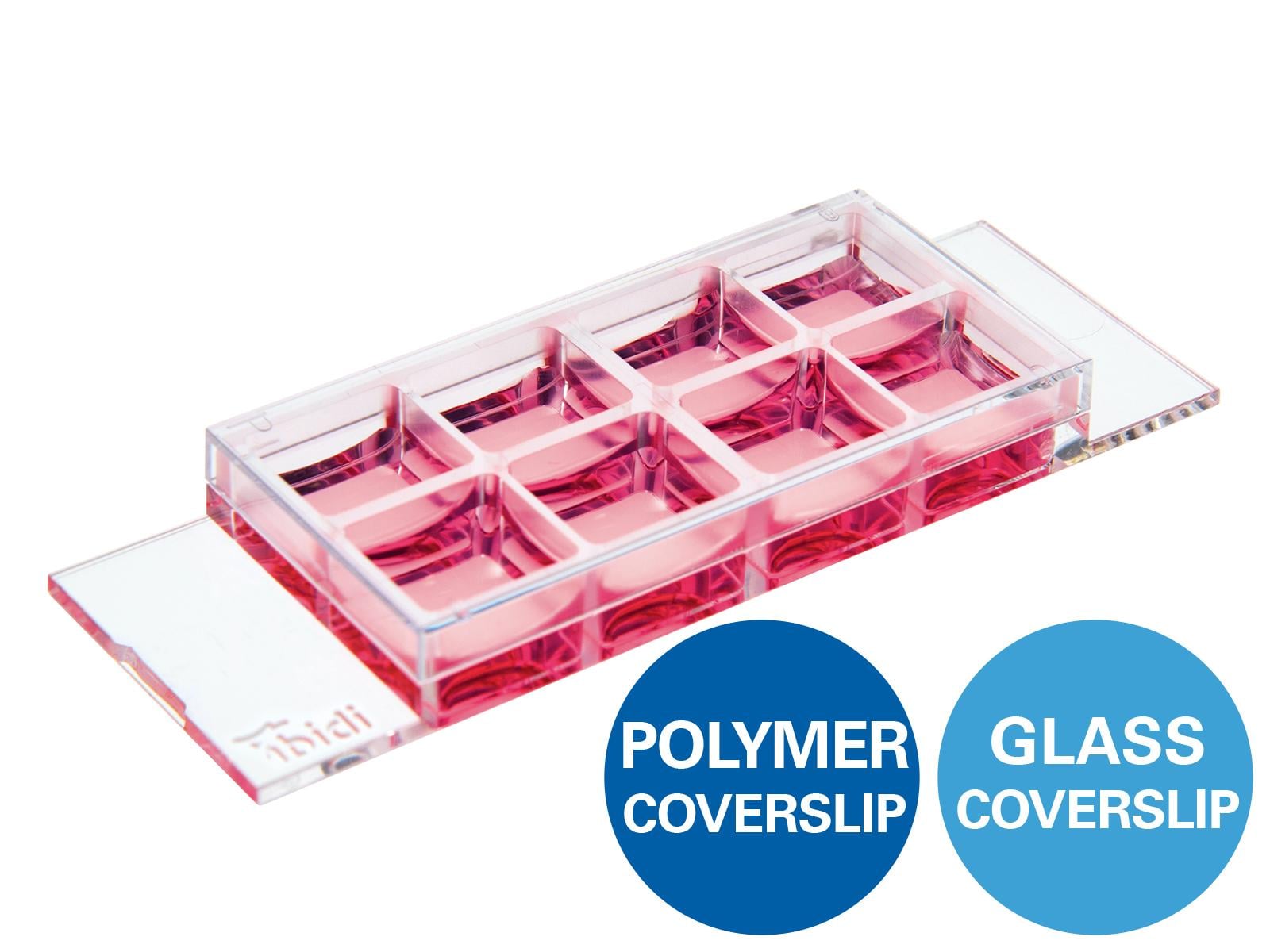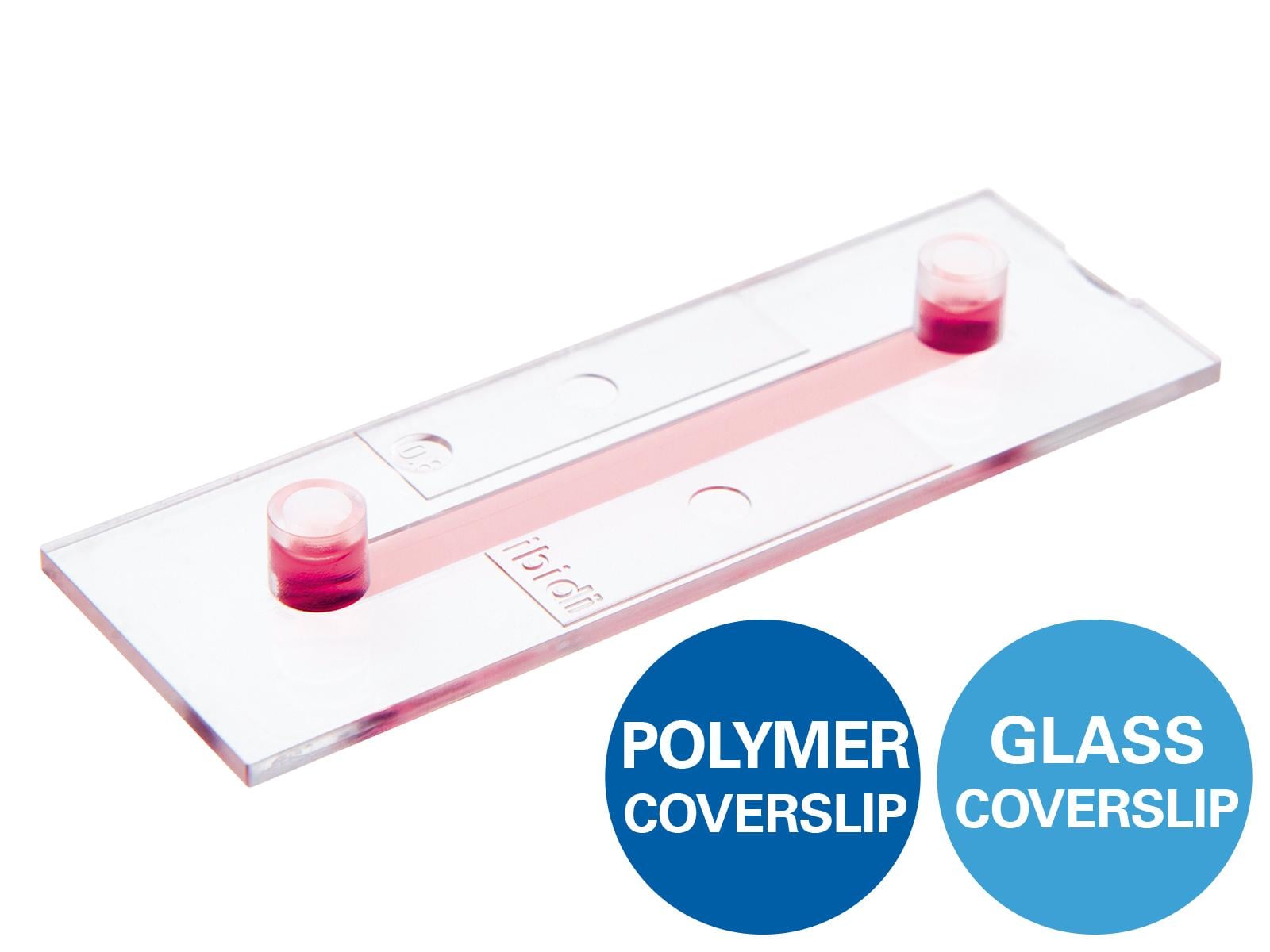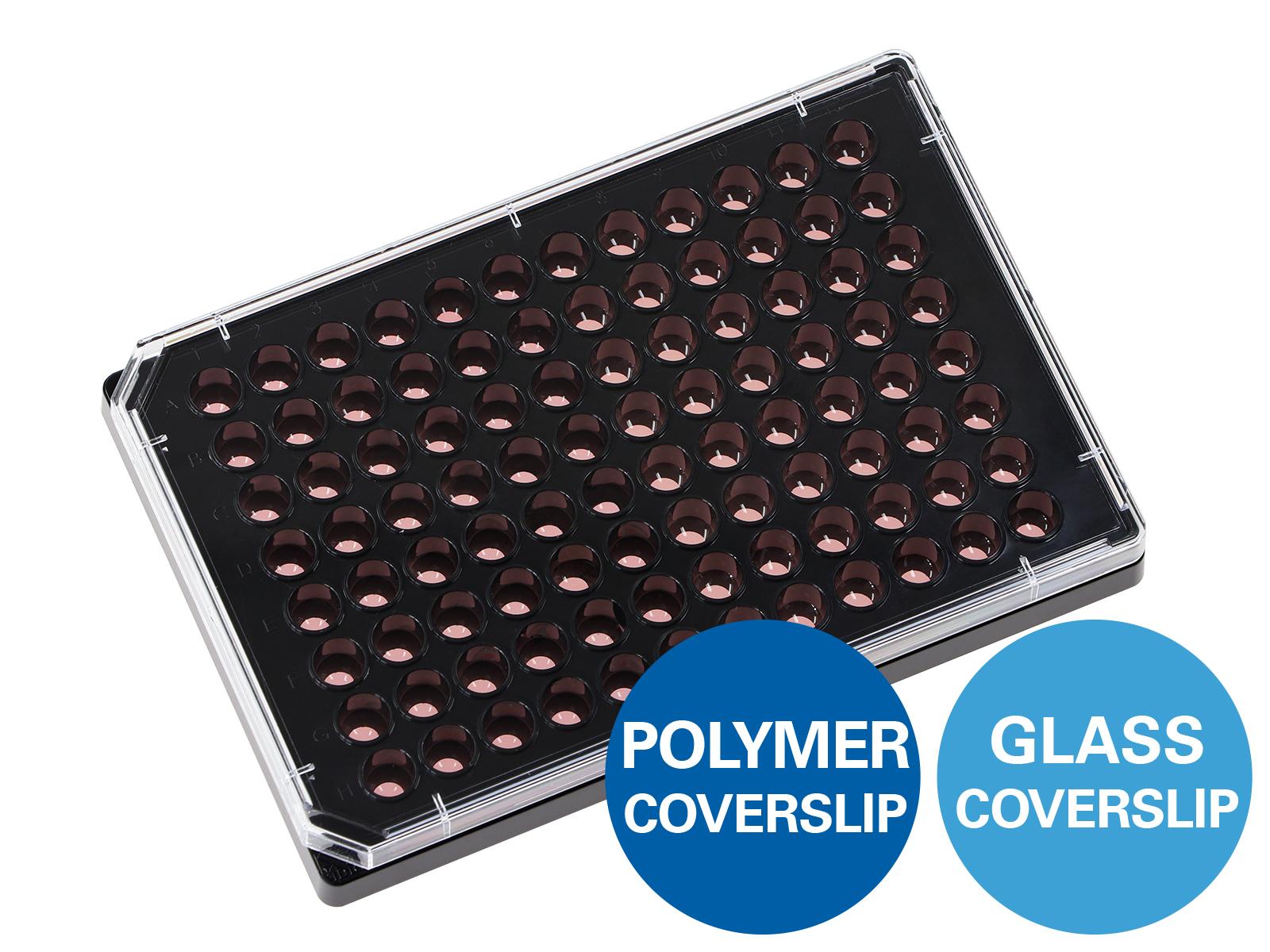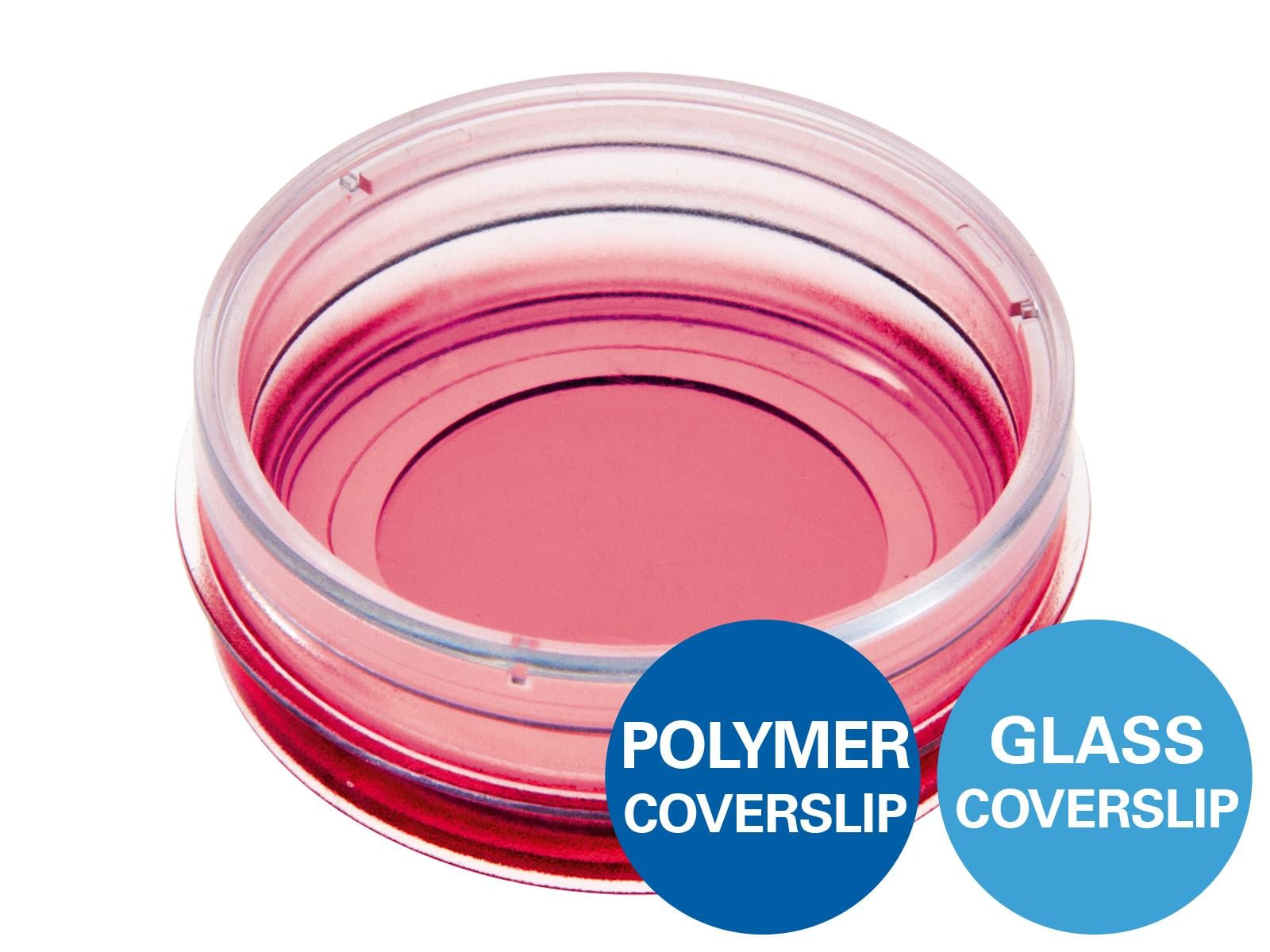Nano Innovation Award 2018—Cell Monitoring for Cancer Research & DNA Construction Kit in Maxi Format
The LMU Center for NanoScience (CeNS) and four spin-off companies, including ibidi, have joined together to reward the best innovative theses on nanotechnology with the Nano Innovation Award 2018. Two junior researchers from Munich have been honored this year.

The Nano Innovation Award 2018 was presented on July 13 at the Center for NanoScience (CeNS) of the Ludwig-Maximilians-Universität (LMU) Munich. Two young researchers from Munich each received an award that recognizes the promising results of their theses on application-oriented nanosciences. The Bavaria-wide prize is endowed with €9,000 and is annually awarded by a jury of experts from science and business.
As a whole, the main focus of nanosciences is still on basic research. However, in many areas, nanoscientific research is being transferred to technical applications—with great economic potential. The Nano Innovation Award focuses specifically on the groundbreaking work being done by junior researchers, which has promising application potential for technology or medicine.
| Cell Monitoring for Cancer Research |
| DNA Construction Kit in the Maxi Format |

An Institution That Boosts Careers
"The CeNS Nano Innovation Award has become an institution. Young researchers now regard it as visible proof of the quality of their work, and as an important award for their careers," says jury member Prof. Achim Wixforth from the University of Augsburg. "The number and quality of applications impressed me this year—which made the selection of the winners a difficult task." A total of twenty-six doctoral theses and twelve master’s theses were submitted from research institutions throughout Bavaria. From these, the jurors nominated five candidates for the final selection.
Both award winners are already actively involved in transferring their findings to business applications. Konstantin Ditzel will contribute his idea and expertise to a start-up company that plans to develop and sell devices for cell culture monitoring with RFLM technology. Klaus Wagenbauer is the co-founder of a start-up company from the Technical University of Munich, which offers services and materials for the construction of nano-objects using DNA building blocks.
The LMU Center for NanoScience awarded the Nano Innovation Award together with four spin-off companies from the CeNS: attocube systems, ibidi, Nanion Technologies and NanoTemper Technologies. “CeNS is a pioneering organization with excellent scientists. With our contribution to the award, we hope to motivate them to continue their outstanding work,” says Dr. Roman Zantl, President of ibidi GmbH.






